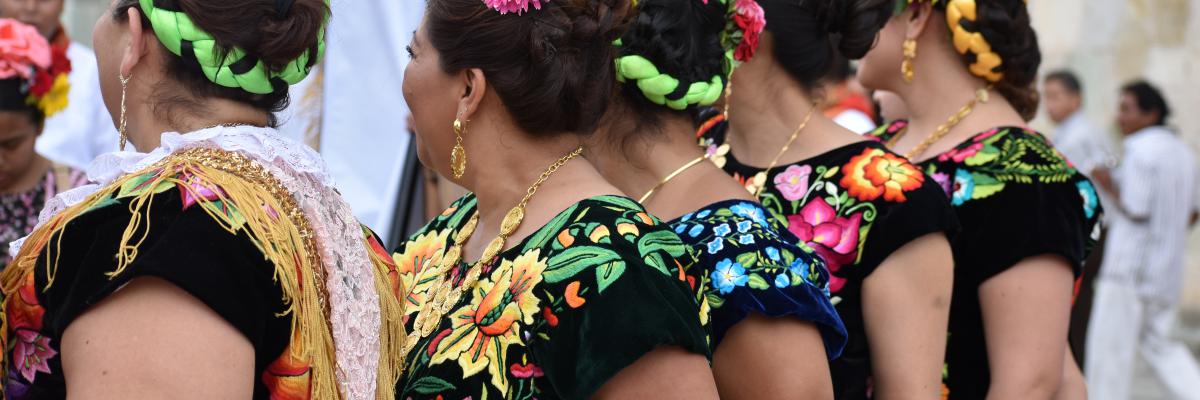For women, these pressures are intensified simply because they are women operating in patriarchal structures in which they often step out of their prescribed gender roles. It is important to discuss the significance of women human rights defenders, the crucial role they play and the challenges they meet when carrying out their work.
Who are women human rights defenders?
Women human rights defenders address a variety of topics across the globe, including women’s rights, land rights, environmental rights, education rights among many others. They are different ages, come from different countries and speak different languages, yet what unites them is their conviction that the respect for human rights is essential in order to encourage the creation of inclusive, tolerant and peaceful societies.
A particularly famous young woman human rights defender is Malala Yousafzai, the international advocate for women’s right to an education. She is the youngest Nobel laureate winner and is well recognised around the world for her strength when facing adversity. Her fight to defend women’s right to education in Pakistan lead to her being attacked and nearly killed for her active position defying the stereotyped view of women´s role in society.
What are some of the challenges women human rights defenders meet?
Defending human rights in patriarchal societies can pose many difficulties. Women continue to be expected to carry out household duties and care for the families instead of taking on public roles defending human rights. Living in a patriarchal society, women face vulnerable threats when carrying out their work. They are subject to sexual violence, being detained or kidnapped, or public defamation. These threats can be daily realities to some women human rights defenders in an attempt to put them off their work and to silence their resistance.
How does PBI help women human rights defenders?
Later this month, PBI will be hosting five Latin American women human rights defenders in different countries around Europe to share the experiences and insights of their work. These women face similar challenges due to the work they undertake, the power structures they attempt to dismantle and the sexist discrimination and attacks of which they are often victim.
PBI hopes that through the speaking tour, the visibility of women human rights defenders will increase, and that awareness can be brought to these front-line human rights defenders that continue despite the challenges they face. Women human rights defenders deserve recognition and respect for the brave and often thankless work they are engaged in across the world. This recognition helps to protect them on the ground to ensure that, despite the challenges, they continue to work to uphold human rights and improve societies.


